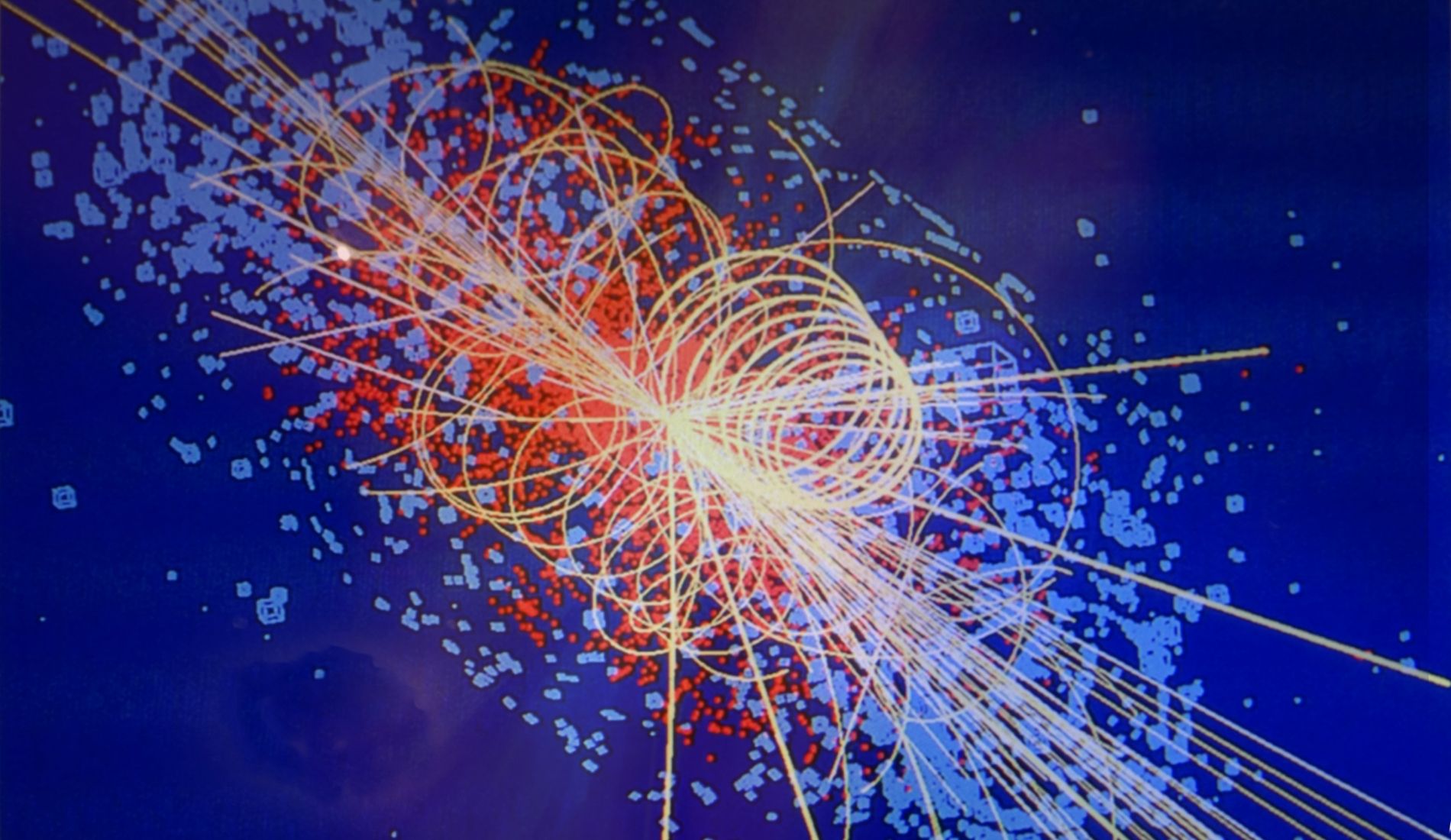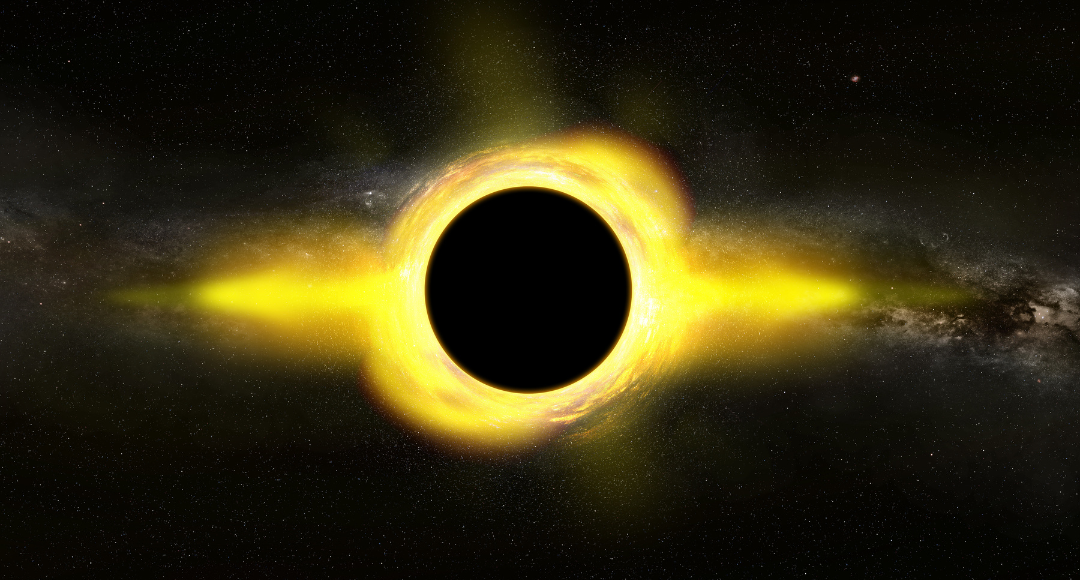10 years pass after Higgs Boson’s discovery: Could physicists reveal any more secret about the ‘God Particle’?

The Higgs Boson was an secret, an imaginary particle that researchers had been seeking since 1964, when its existence was initially projected. The particle was finally found 10 years ago by physicists working on the Large Hadron Collider (LHC) at CERN, the world’s most effective science experiment.
Although the Large Hadron Collider’s purpose is broad, when it first began operation in 2010, detecting the Higgs boson was its top objective. Within just two years of being into operation, the two main LHC experiments, a Toroidal LHC Apparatus(ATLAS) and Compact Muon Solenoid(CMS) identified the Higgs boson.
Large Hadron Collider (LHC) and Higgs Boson
Large Hadron Collider is, according to the LHC website, “the world’s most powerful and complex scientific instrument and particle accelerator”. The LHC consists of a 27-kilometre ring of superconducting magnets with a number of accelerating structures to boost the energy of the particles along the way.
On 4 September 2008, the LHC was turned on and began its main experiment. It was to collide protons together at high speeds in an attempt to recreate the conditions that existed when subatomic particles known as quarks and gluons were created almost 13.7 billion years ago. By smashing these particles together, physicists hoped to recreate the elusive Higgs boson and measure its properties.
Higgs Boson Discovery
LHC experiments had finally discovered the Higgs Boson the this day, on 4 July 2012. While some unofficial media reported that the discovery happened earlier in 2011, this was a misunderstanding that came about. It was because of the difficulty in detecting such a short-lived particle. The actual discovery took place on 2012. At that time, researchers at CERN made an announcement with approximately 99% certainty that these were indeed traces of a new particle – with only 1% of doubt.
The discovery came as a big surprise to physicists. And it was hailed as the ‘end of an era’ by CERN Director-General Rolf Heuer. Some scholars also saw the Higgs boson as a final confirmation that there existed a fundamental unifying theory for the known physical laws of the universe.
Higgs Boson Properties
Although its discovery was hailed by some as the end of an era, many more questions remained unanswered on 2012. The theorists continued to build upon their findings. But so far, no one has become able to explain what it means for our universe; and how it could have come into existence billions of years ago (at such short distances).
Scientists still hotly disputed whether the Higgs Boson was actually the God particle, as its nickname; or it’s just a linked version of it. The latter theory (that it wasn’t the God particle) gained popularity with many scientists. They believed that there could be many different versions of this hypothetical particle (the Higgs boson). Why there are so many different versions of the same thing is because theoretical physicists don’t tackle the subject consistently; differently named particles are frequently employed to describe comparable events by different researchers.
Where did the name Higgs Boson come from?
Although the LHC’s Higgs boson-hunting experiments had shown enough confidence in their data to call it a “finding,” scientist then said additional research would be required to be sure that what they’ve found is a Higgs.
When announced at a press conference at CERN, the location of LHC in Geneva, scientists received it with enthusiastic applause.
The 83-year-old retired British physicist Peter Higgs was present at the press conference. Higgs had initially proposed the existence of the sub-atomic particle that bears his name in the 1960s. And, Higgs of Higgs Boson came from the very name of Peter Higgs.
What does it mean for our universe if it is the God particle?
The concept of ‘God particle’ dates back to 1993. At that time, Leon Lederman, who published a book on this title in 1993, had coined it. But what does this mean for our universe if it is proven to be true?
The term ‘God particle’ was used only metaphorically by those who believed that there were certain universal values that needed no explanation – that these values were crafted and fixed by an all-powerful being. Leon Lederman did not literally mean that it was an actual particle that explained creation and existence; he used the term metaphorically to signify the importance of this discovery.
When proved that the Higgs Boson is indeed the God particle, this would point towards some form of a creator; most probably one in which there is a single omnipresent being who has created all matter, time and space. This would then lead to theories such as Intelligent Design and Creationism.
Advertisement

The present and the future of Higgs Boson
Although experimental work on the Higgs Boson will continue for many years to come, theoretical physicists still have many stumbling blocks. These have relations mostly in understanding how the Higgs Boson interacts with other particles; as well as how it is formed in the first place. So, while physicists may now have a greater understanding of Higgs Boson properties and its potential future applications, we still have no definite all-clear signal.
Quoting Victoria Martin, a professor of particle physics at the University of Edinburgh in the U.K., as saying, Keith Cooper in Space.com writes, “For particle physicists, the Higgs Boson was the missing piece of the Standard Model”.
CERN’s Director-General, Fabiola Gianotti’s said during a preview press conference held on June 30 that they were not expecting to see the Higgs Boson so quickly. She also added that it was the LHC’s superior computing infrastructure applied to experiments that performed better than their design specifications — testament to the many years of hard work put into building the LHC — that accelerated the Higgs Boson’s discovery.
The Higgs Boson changed the world of particle physics, opening doors that had been slammed shut until its discovery.
Likewise, Gian Giudice, head of CERN’s theoretical physics department, said during the conference that particle physics has changed more in the past 10 years than in the previous 30 years.
Why is Higgs Boson important?
The importance of Higgs Boson lied on the fact that it carries the force of an energy field known as the Higgs field, in much the same way that a photon carries the force of the electromagnetic field.
According to Martin, the field is more fundamental than the particles. “It permeates all the way across space and time”, added Martin. It’s the interaction between certain particles. And the Higgs Boson, which represents the Higgs field, that gives those particles their mass.
Physicists say, “Particle physics has changed more in the past 10 years than in the previous 30 years.”
The Higgs field can be regarded as a type of cosmic treacle that slows some particles down more than others. Consider electrons, which have a very small mass, or photons, which have no mass at all. These less massive particles can escape the Higgs field relatively easily and travel at the speed of light. The Higgs field causes other particles to slow down, adding mass as a result. As a consequence, these other particles are the most massive.
Although they haven’t seen anything happen yet, scientists think that the Higgs Boson also acquires mass via interacting with other Higgs Bosons, just like these particles. The Higgs Boson has a high mass as well, estimated by the LHC to be 125 billion electronvolts; or about 125 times more massive than one of the positively charged protons at the center of an atom. Particle physicists describe masses in terms of their energy since they are aware that mass and energy are identical. There is only one known basic particle that is more massive.
Read:
- “Nuclear pasta”: Is this the strongest material in the Universe?
- Parallel universe of consciousness
- Buying an Astronomical Telescope? Consider It…
The Higgs boson was identified, and its mass was measured, but that was just the beginning. Martin is also reported to be saying, “We’ve spent the last 10 years testing the Higgs Boson, because discovering it was one thing, but the Standard Model also tells us lots of things about the way the Higgs Boson should behave”.
Every known particle, excluding the Higgs Boson, has a quantum spin. This peculiarity was projected by the Standard Model of particle physics. So it is not surprising. But researchers like Martin and her team have persisted in trying to quantify the Higgs Boson’s spin in order to test the Standard Model. They have not yet discovered any proof that it has any spin.
Every other known particle has spin, but the Higgs boson does not due to the properties of the Higgs field. The Higgs field has no known source, in contrast to the gravitational and electromagnetic fields, which have clear sources like an object’s mass or an electric current flowing through magnetic fields.
Researchers have spent ten years attempting to determine the life period of the Higgs Boson in addition to its spin. The standard model predicts that a Higgs boson exists for a very brief period of time, just 10-22 seconds, before disintegrating into more subatomic particles. This computation hasn’t yet been experimentally confirmed, though. Martin added, “It happens so rapidly.
Also Read:
The upcoming Run 3 operational phase of the LHC, which starts on Tuesday, July 5, 2022. It is anticipated by physicists to be the long-awaited stopwatch. Understanding the way the Higgs boson splits up into different particles, in turn, may uncover unknown subatomic particles; and that may potentially include particles of enigmatic dark matter.
Gianotti noted that the Higgs Boson is an essential instrument for examining the most confusing aspects of particle physics because of these implications. The Higgs Boson, she said, “is a powerful telescope to access physics at very high energy scales and a very accurate microscope to analyze nature at the smallest scales.”
Understanding the way the Higgs Boson breaks up into different particles, in turn, may uncover unknown subatomic particles that may potentially include particles of enigmatic dark matter.
Gianotti argued that the Higgs Boson is an essential instrument for examining the most mysterious aspects of particle physics because of these implications.
Scientists identified the Higgs Boson, and they also measured its mass, but that was just the beginning. Let’s hope, scientists will soon be able to uncover the remaining mysteries of Higgs Boson.


